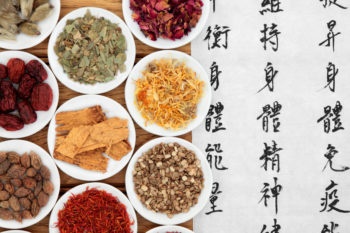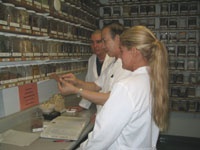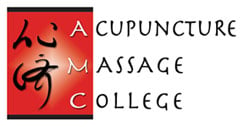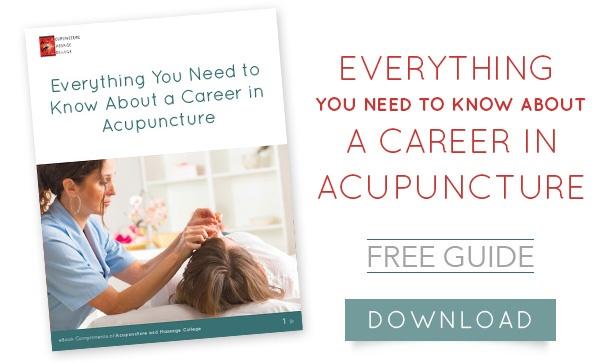 Embarking on a course of study in traditional Chinese medicine (TCM) offers a range of personal and professional benefits. A program in TCM gives students a broad base of knowledge, diagnostic skills and an understanding of the subtleties of therapies used by practitioners of this ancient system of health care.
Embarking on a course of study in traditional Chinese medicine (TCM) offers a range of personal and professional benefits. A program in TCM gives students a broad base of knowledge, diagnostic skills and an understanding of the subtleties of therapies used by practitioners of this ancient system of health care.
Diagnostics
One of the main elements of an academic program in traditional Chinese medicine is the study of diagnostics. This area focuses on the diagnosis of diseases and syndromes through examination. In a TCM program, diagnostics is taught based on a specific theory and methodology that differs from traditional Western medicine.
Students study diagnostics in the context of the clinical specialties of TCM — acupuncture, Chinese herbal medicine and Tui Na — and learn the theory and methods of these practices. They also learn about pathological conditions and develop the ability to analyze differentiating syndromes in their patients.
Clinical practice
By studying both theory and diagnostics, students then become capable of uniting theory and practice, which becomes the foundation of clinical practice. Along with learning the therapeutic methods of TCM, students gain an extensive background in Western bio-medical sciences.
A degree in TCM will also include study of the traditional Chinese pharmacy and prescriptions, herbs, and commonly used drugs. Students also learn how to treat frequently encountered diseases.
 Dr. Gordon Xu shows student interns how to check the freshness of Chinese herbs
Dr. Gordon Xu shows student interns how to check the freshness of Chinese herbs
The specialties of TCM
Based on a foundation of theory and diagnostics, students then study diseases in the context of the medical specialties, including internal medicine, surgery, gynecology, pediatrics, ophthalmology, traumatology and orthopedics. Students also receive in-depth training in the specialties of TCM, including acupuncture and moxibustion, herbal medicine and massage (Tui Na).
A degree program will also include training in how to identify the kinds of diseases suitable for treatment with acupuncture, moxibustion and Tui Na massage, as well as those that respond best to rehabilitation therapy.
A foundation of knowledge
The study of TCM is both challenging and rewarding. As part of their curriculum, some accredited programs offer trips to China, where students can benefit from practicing in hospitals in which TCM is the primary system of medical care.
By the time of graduation from an accredited TCM program, students should have developed a broad base of knowledge in TCM, with core training in the clinical skills needed to perform acupuncture, moxibustion, herbal medicine prescription and Tui Na therapy to effectively treat a wide range of health conditions.
For information about AMC’s Oriental Medicine and Massage Therapy programs you can email our admissions department.

 (305) 595-9500
(305) 595-9500







